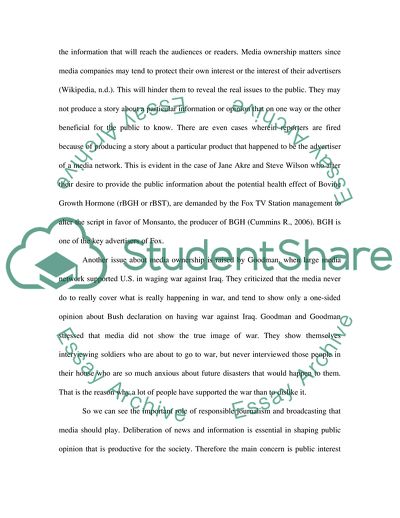Cite this document
(The Concentration of Media Ownership Case Study, n.d.)
The Concentration of Media Ownership Case Study. Retrieved from https://studentshare.org/media/1704759-news-and-journalism
The Concentration of Media Ownership Case Study. Retrieved from https://studentshare.org/media/1704759-news-and-journalism
(The Concentration of Media Ownership Case Study)
The Concentration of Media Ownership Case Study. https://studentshare.org/media/1704759-news-and-journalism.
The Concentration of Media Ownership Case Study. https://studentshare.org/media/1704759-news-and-journalism.
“The Concentration of Media Ownership Case Study”. https://studentshare.org/media/1704759-news-and-journalism.


